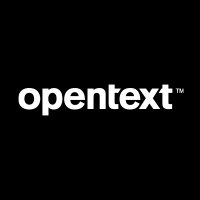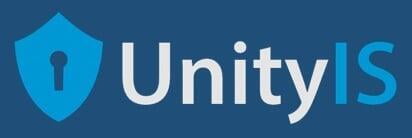
Cerbos
Cerbos offers access governance software that simplifies enterprise authorization management. By externalizing authorization, it enables developers to implement fine-grained, zero trust access controls rapidly. The API-driven solution allows for centralized policy management, real-time deployment, and local decision-making, all while ensuring compliance and minimizing the complexity of access control logic.
Top Cerbos Alternatives
OpenText Storage Manager
OpenText Storage Manager offers automated file storage management tailored for users and work groups, enhancing access governance.
ArdianStack
ArdianStack revolutionizes data management by providing a streamlined platform for identifying, monitoring, and managing access to individuals and locations.
NetIQ Privileged Account Manager
NetIQ Privileged Account Manager facilitates centralized management of privileged user access throughout the IT environment, significantly bolstering security protocols.
daccord
daccord is an innovative Access Governance Software designed to streamline permission management across complex IT landscapes.
VISULOX Remote Support
VISULOX Remote Support is an access governance software that enhances security by providing policy-based, agentless access to IT infrastructure.
SProbot
SProbot employs AI-driven assessments to optimize tenant environments by facilitating tenant cleanup, governance, and content classification.
UnityIS
With a robust architecture featuring redundancy and multiple data centers across the USA, UK, Germany...
AgencyAcess
With customizable branding, multi-language support, and integrations with over 20 major platforms, it streamlines processes...
Wultra Mobile-First Authentication
Utilizing post-quantum cryptography, it protects against evolving cyber threats while streamlining customer onboarding and mobile...
Top Cerbos Features
- Open source policy decision point
- Centralized policy management
- Plug-and-play API integration
- Fine-grained access controls
- Zero trust architecture
- Context-aware role definitions
- Dynamic condition generation
- Real-time policy simulation
- CI/CD workflow with GitOps
- Self-hosted deployment options
- Local decision-making at runtime
- ISO27001 and SOC2 compliance
- Audit trail capture
- Stateless decision points
- Simplified authorization logic
- Rapid implementation with SDKs
- Policy evolution without developer input
- Flexible policy writing
- Externalized authorization management
- Seamless integration with existing systems.








